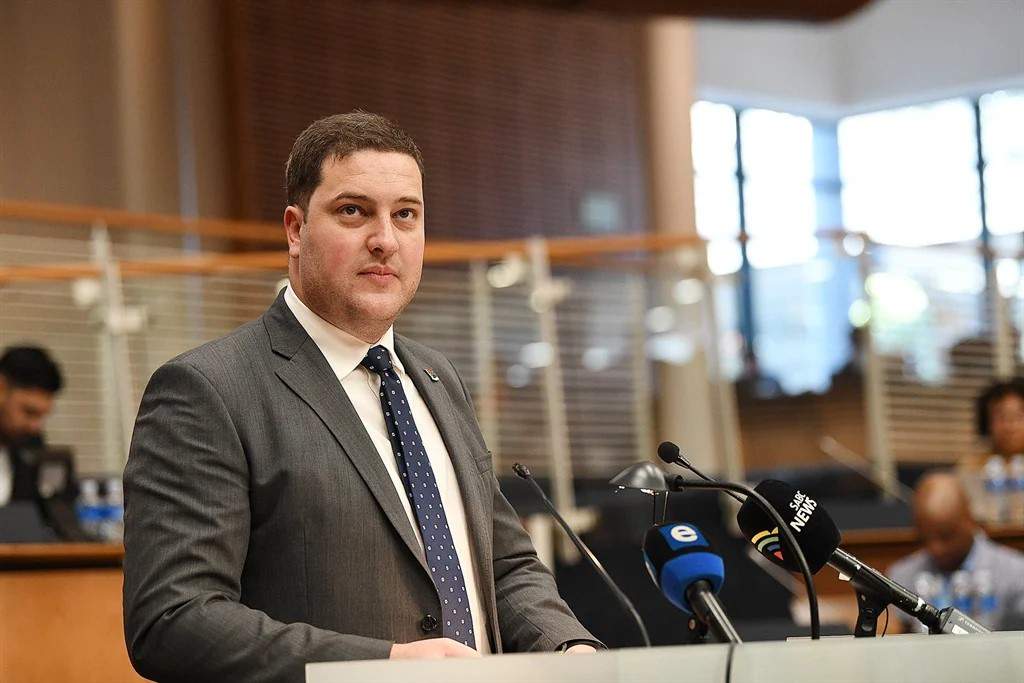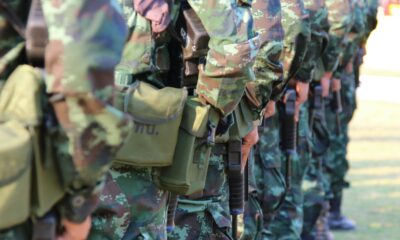News
Cape Town’s Anti-Gang Unit in Crisis: Mayor Urges Police Minister to Step In

A unit on the brink
Cape Town Mayor Geordin Hill-Lewis has sounded the alarm over the state of the South African Police Service’s Anti-Gang Unit, saying it is dangerously under-resourced at a time when gang violence is ripping through the city’s most vulnerable communities.
The mayor said he was “gravely concerned” by reports that the unit has just five working vehicles and is running short of bulletproof vests and firearms. In some cases, officers left unarmed while their service pistols undergo ballistic checks are unable to continue frontline duties.
Hill-Lewis has called on National Police Minister Firoz Cachalia to urgently intervene and direct emergency resources to the unit.
The fight for stronger policing powers
While highlighting the city’s own policing efforts, the mayor said the situation made it increasingly irrational to block municipal police from being granted investigative powers.
The City of Cape Town formally submitted a proposal earlier this month, seeking authorisation for its officers to build full case dockets, preserve evidence, and carry out investigations. At present, city police are restricted to search and arrest powers, often leaving cases to stall once they hand suspects over to SAPS.
JP Smith, the Mayoral Committee Member for Safety and Security, stressed that without these powers, time-sensitive evidence is lost and the chances of successful prosecution fall away. “Our officers are often the first at crime scenes. They must be able to capture witness statements, preserve forensic evidence, and prepare dockets that can stand in court,” he said.
Expanding city resources
The city has ramped up its own safety initiatives in response to crime pressures. More than 1 200 officers have been deployed through the LEAP programme, over 1 100 new uniformed officers have joined since 2021, and another 700 are set to be deployed for neighbourhood policing and service delivery escorts.
Technology has also been scaled up, with investments in CCTV, drones, automated number-plate recognition, bodycams, and the EPIC digital coordination system. Officials say these tools are already helping to seize around 400 illegal firearms each year.
Convictions remain the missing link
Despite progress on arrests and seizures, conviction rates for gang, gun, and drug offences remain critically low, hovering at just five percent. For Hill-Lewis and Smith, this is where change is most urgent. “We absolutely must improve conviction rates. It is the only way to protect communities who have suffered for too long,” said the mayor.
City officials argue that granting municipal police investigative powers could plug this gap, turning arrests into prosecutions and helping to keep gang leaders behind bars rather than back on the streets.
Also read: Nandi Nyembe’s passing reignites debate on fair pay for South African actors
Follow Joburg ETC on Facebook, Twitter, TikT
For more News in Johannesburg, visit joburgetc.com
Source: IOL
Featured Image: News24



























